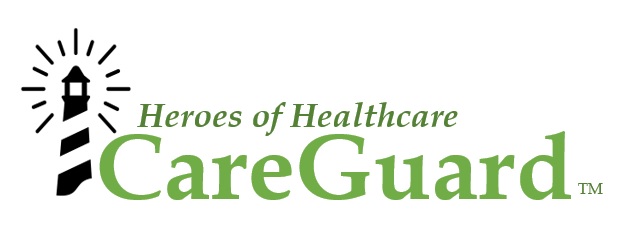Checklists
The goal of checklists is to standardize work so that no crucial steps are missed. This not only improves patient safety, but also builds a better team environment. Checklists can save patients, doctors, and nurses from severe harm.“Would you feel safe having an operation in the hospital where you work? This is an important question that has been raised by medical professionals across America. This question is not intended to start the blame game or point fingers. Rather, it is intended to raise awareness to the need for change in the operating room dynamics all over the world. To provide the best care possible for patients, we must ask this question. Everyone is fallible, and no matter how many years of experience a surgeon, anesthesiologist, nurse, etc. may have, there is always room for improvement. At the Better Samaritan Institute, we want to catalyze a cultural change in operating rooms that recognizes this so the welfare of the patient is always at the forefront.”That is the core tenet of the Better Samaritan Institute, and it is central to the culture change needed in surgery. In one word, the entirety of the Better Samaritan Institute comes down to humility. Countless stories have been recorded where medical harm occurred upon a patient because trained professionals did not address a superior, who they knew to be wrong in one way or another, because they were afraid of the consequences. With the advancement in knowledge and technology, surgery is now more complex than ever. Now more than ever, we need every member of the surgical team to cooperate as a team. That is why it is important that every member of the team feel they can call a time-out with impunity.”One way to do this is by using a checklist. Surgical checklists improve safety, strengthen the team atmosphere, provide peace of mind, and can serve as a foundation to quickly and accurately assess and correct a crisis in the operating room. Crisis is the surgeon’s worst nightmare, but with a checklist, crisis is much less likely to arise. In conjunction with 3Greens, an electronic checklist developed by Dr. Lloyd Hey, and Duke Raleigh Hospital, the Better Samaritan Institute aims to Target Zero. Improvements to the healthcare system must be made until there is zero avoidable harm done to any patient or provider.”Steven Barker, Campbell University School of Osteopathic Medicine, ’22Aman Singh, University of Rochester, ’22Royce Le, University of North Carolina at Chapel Hill, ’20
